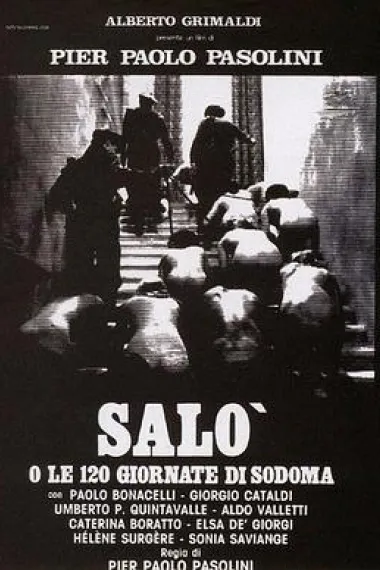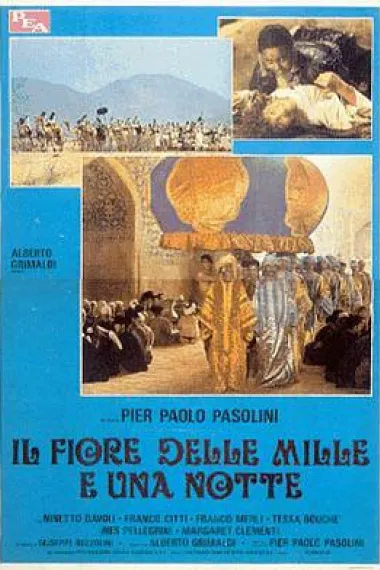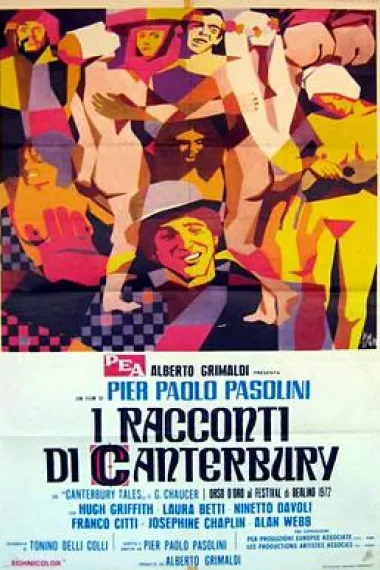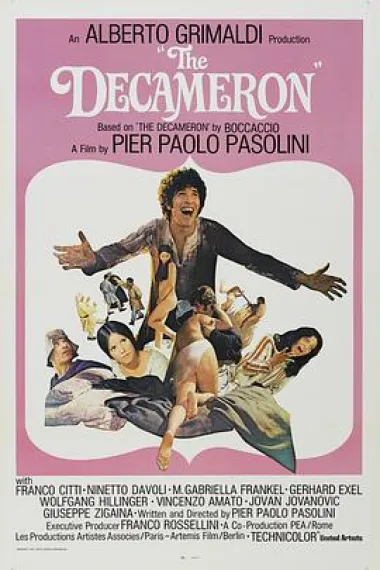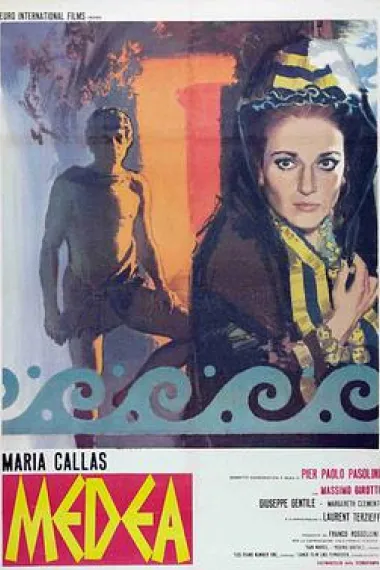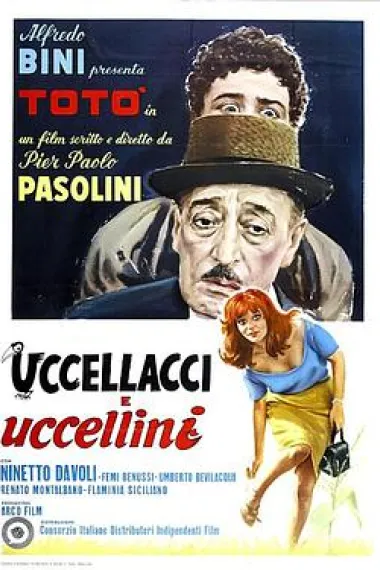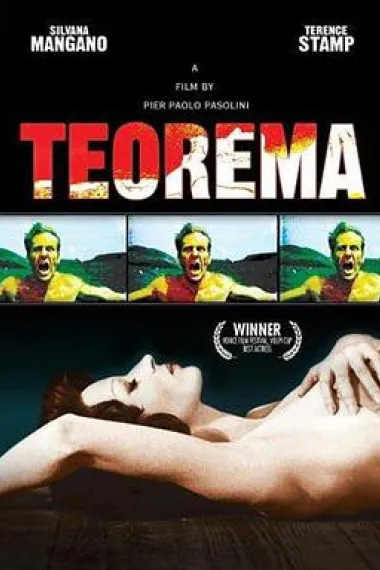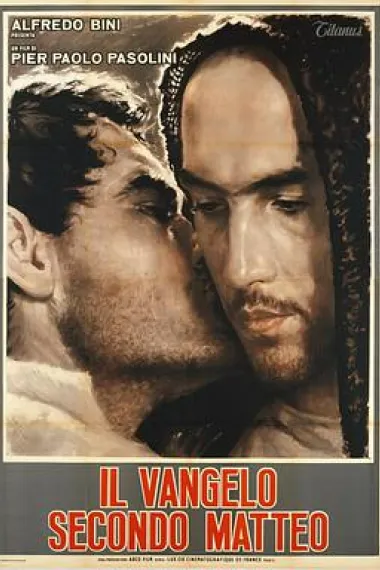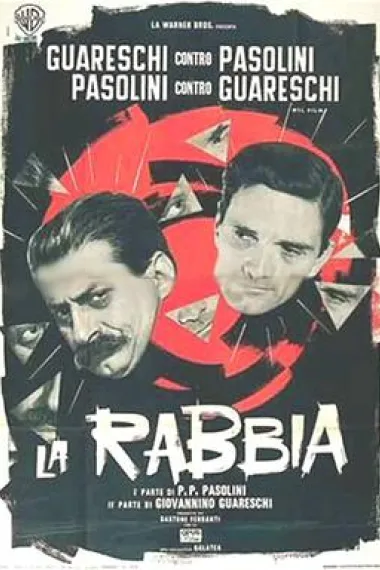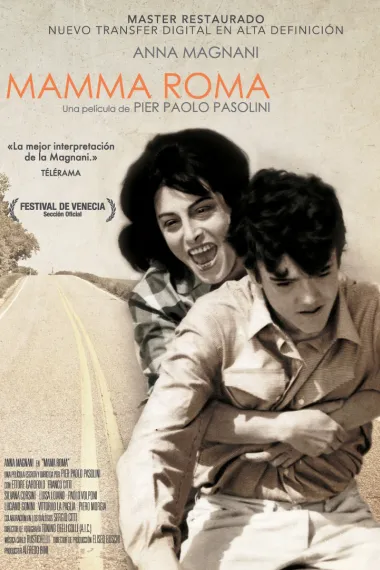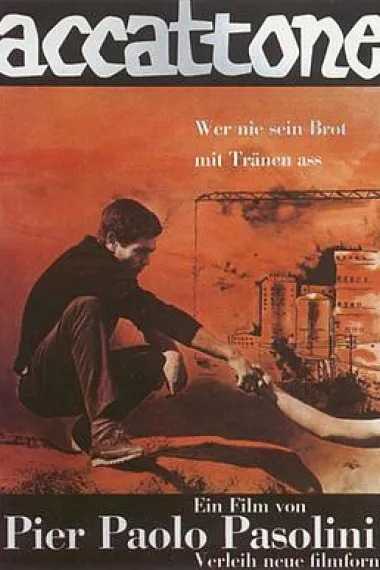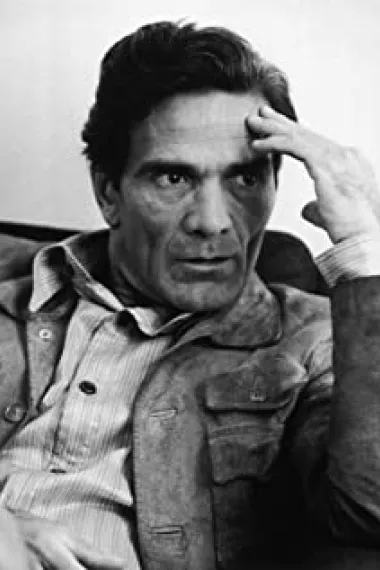
皮埃尔·保罗·帕索里尼 (1922) Pier Paolo Pasolini
编剧 导演 演员 剪辑 配音
Pier Paolo Pasolini achieved fame and notoriety long before he entered
the film industry. A published poet at 19, he had already written
numerous novels and essays before his first screenplay in 1954. His
first film Accattone (1961) was based on his own novel and its violent depiction
of the life of a pimp in the slums of Rome caused a sensation. He was
arrested in 1962 when his contribution to the portmanteau film Ro.Go.Pa.G. (1963)
was considered blasphemous and given a suspended sentence. It might
have been expected that his next film, Il vangelo secondo Matteo (1964) (The Gospel According to
St. Matthew), which presented the Biblical story in a totally
realistic, stripped-down style, would cause a similar fuss but, in
fact, it was rapturously acclaimed as one of the few honest portrayals
of Christ on screen. Its original Italian title pointedly omitted the
Saint in St. Matthew). Pasolini's film career would then alternate
distinctly personal and often scandalously erotic adaptations of
classic literary texts: Edipo Re (1967) (Oedipus Rex); Il Decameron (1971); I racconti di Canterbury (1972) (The
Canterbury Tales); Il fiore delle mille e una notte (1974) (Arabian Nights), with his own more personal
projects, expressing his controversial views on Marxism, atheism,
fascism and homosexuality, notably Teorema (1968) (Theorem), Pigsty and the
notorious Salò o le 120 giornate di Sodoma (1975), a relentlessly grim fusion of Benito Mussolini's Fascist
Italy with the 'Marquis de Sade' which was banned in Italy and many other
countries for several years. Pasolini was murdered in still-mysterious
circumstances shortly after completing the film.


